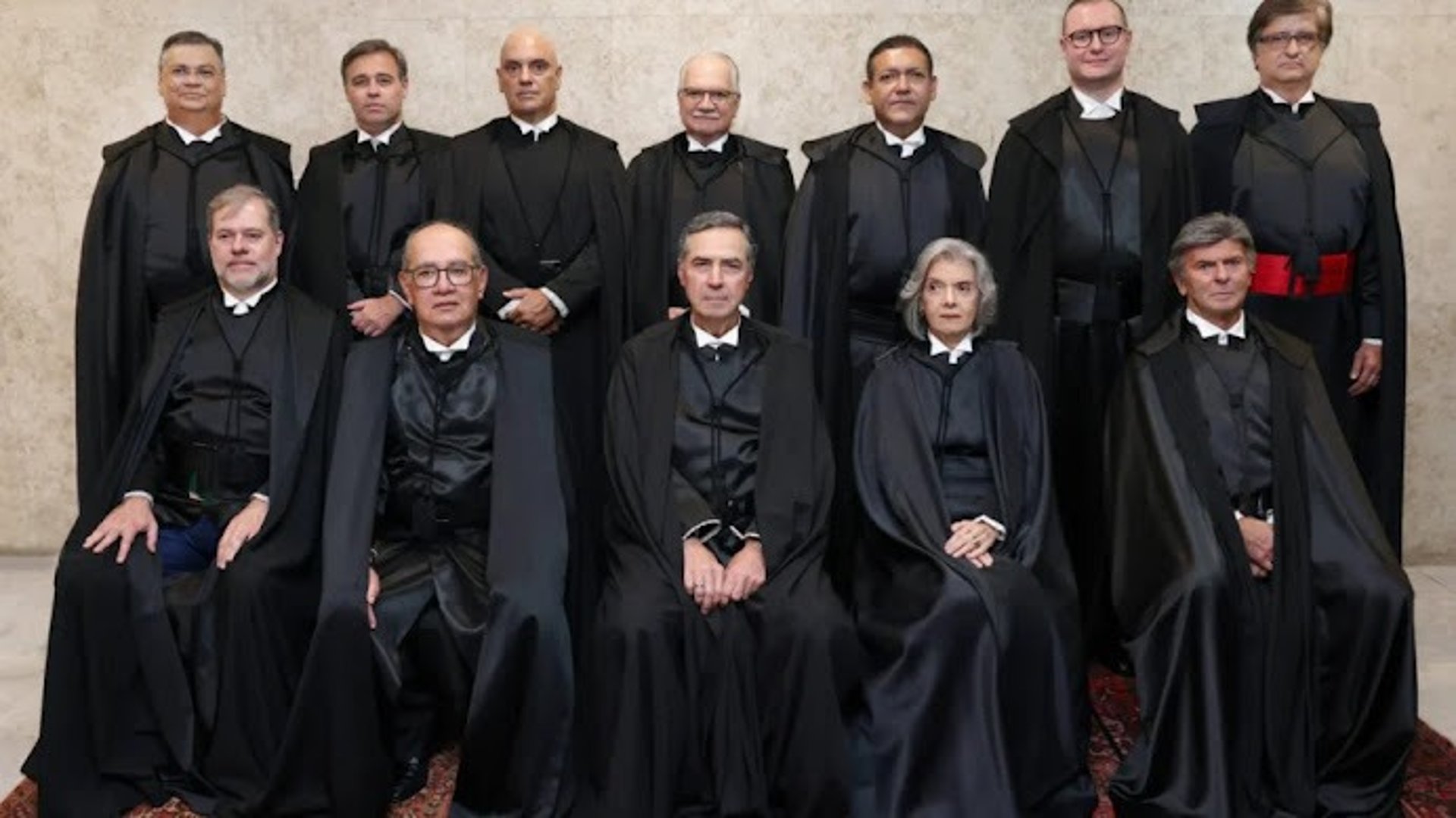
How Does Brazil's Supreme Court Work? Understanding the STF's Power
Brazil's Supreme Federal Court (STF) is the nation's highest judicial authority, responsible for interpreting the Constitution and ruling on critical national issues. Its decisions directly impact politics, the economy, and citizens' rights.
BPR
7/16/20251 min read
⚖️ The STF's Key Functions
1. Guardian of the Constitution
Decides whether laws or government actions are constitutional.
Judges ADIs (Direct Actions of Unconstitutionality) and ADPs (Allegations of Violation of Fundamental Precepts).
2. Court of Last Resort
Hears appeals from cases exhausted in lower courts.
Tries ordinary crimes by officials with privileged jurisdiction (e.g., President, lawmakers, ministers).
3. Arbiter of Federal Disputes
Mediates conflicts between federal, state, and local governments.
👨⚖️ Who Are the STF Justices?
11 justices, nominated by the President and approved by the Senate.
- Requirements: Eminent legal knowledge and spotless reputation.
- Term: Lifetime appointment (mandatory retirement at 75).
Current Justices:
- Flávio Dino
- Rosa Weber
- Luís Roberto Barroso
- Alexandre de Moraes
- Cármen Lúcia
- Dias Toffoli
- Gilmar Mendes
- Kassio Nunes Marques
- Edson Fachin
- André Mendonça
- Luiz Fux
⚡ How Trials Work
1. Case Reaches the STF (via appeal, direct action, or federal dispute).
2. Rapporteur Justice Is Assigned (leads case analysis).
3. Plenary Vote (in-person or virtual; simple majority decides).
4. Decision Published (binding nationwide).
📌 Controversies and Criticisms
- Case backlog: Some processes stall for 10+ years.
- Politicization: Justices perceived as aligned with specific ideologies.
🔍 Key Facts
- Annual budget: R$1.2 billion (2024).
- Pending cases: ~100,000 (2024).
- Rulings per year: ~3,500.
✅ Conclusion: Is the STF Powerful?
Yes, the Supreme Federal Court (STF in Brazil) has proven indispensable to safeguarding Brazil's democracy, particularly during the 2022-2023 political transition, when it played a decisive role in thwarting anti-democratic threats.
1. 2023 Coup Prevention
- Ordered raids against election-denying rioters who attacked government buildings on January 8.
- Approved investigations into anti-democratic financiers and military involvement in post-election unrest.
2. Checks on Authoritarianism
- Blocked attempts to overturn voting systems (2022).
- Criminalized disinformation campaigns targeting electoral integrity.
3. Protecting Institutions
- Maintained judicial independence despite pressure from populist leaders and military factions.
- Upheld election deadlines, ensuring peaceful transfer of power.
Without the STF’s interventions, Brazil could have faced:
- Delayed presidential transition
- Violent escalation by extremist groups
- Erosion of trust in electoral systems
The STF’s defense of democracy in 2023 cemented its role as Brazil’s institutional firewall—but its long-term credibility depends on balancing authority with restraint.
[STF's Official Portal](Portuguese)
"STF Brazil", "Brazil Supreme Court", "STF justices", "STF decisions",.
NEWS
LEGISLATIVE POWER
EXECUTIVE POWER
JUDICIAL POWER
OPINIONS
Updates on Brazilian politics and economy.
ContaCT
© 2025. All rights reserved.
